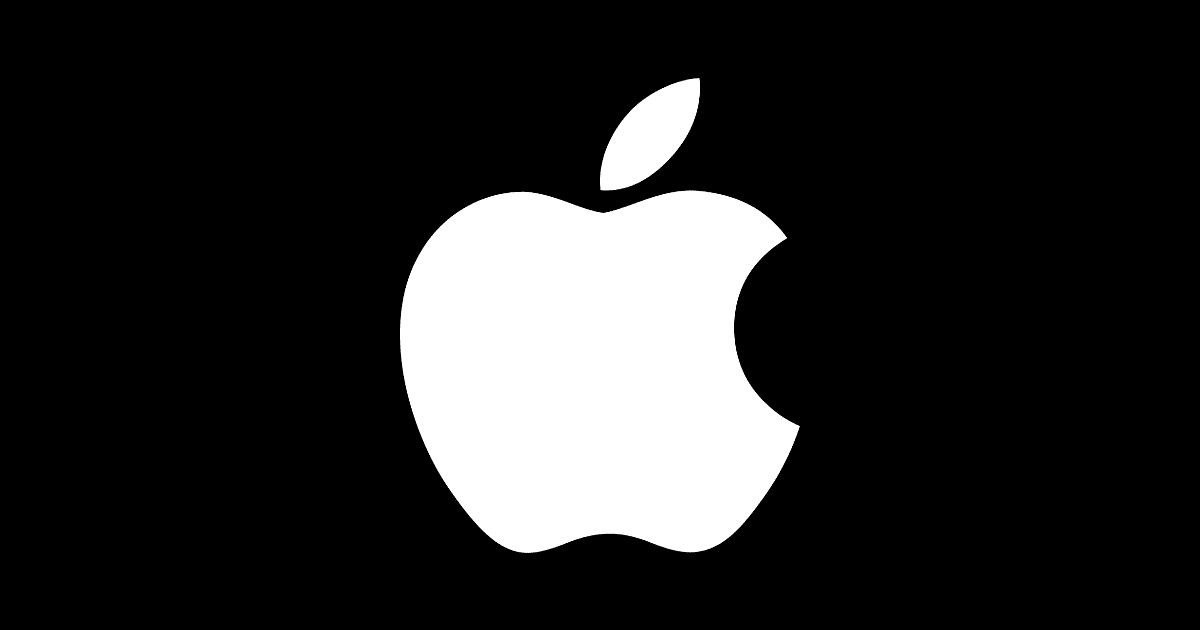Bryan Chaffin and Jeff Gamet reflect on recent changes, and they try to put 15 years of iPhone into context. Hard to believe!
Apple
Apple Glass Patent Suggests Vision Correction
A just-granted Apple Glass patent could be excellent news for those of us who already wear prescription eyeglasses.
Apple's Potential Audiobooks Offering — Media+
Kelly Guimont and Jeff Butts join Charlotte Henry to discuss another award win for Jason Sudeikis and the potential of an Apple audiobooks service.
App Store Earnings for Developers has Reached $260 Billion Since 2008
Apple released a press release on Monday to recap what it achieved in 2021 such as App Store earnings developers have made since 2008.
Getting Ready for the Next iPhone SE
The next iPhone SE may be right around the corner, sources say. It will offer a beefier processor and 5G connectivity.
Tim Cook 2021 Pay Totals Over US$98 Million
Apple CEO Tim Cook’s pay for the fiscal year 2021 totaled US$98,734,39, including a base salary of US$3 million, according to an SEC filing.
Key Apple Silicon Director Rejoins Intel
A key figure in the development of Apple Silicon, Jeff Wilcox, has left Cupertino and is returning to his previous employer, Intel.
Survey Reveals 87% of Teens in the United States Own an iPhone
A survey conducted by investment bank Piper Sandler in Fall 2021 shows the popularity of the iPhone. 10,000 teens were surveyed in 44 states.
Class Action Lawsuit Alleges Google Pays Apple to Stay Out of Search
A class action lawsuit has been filed alleging that Google and Apple have a deal that keeps the iPhone maker out of search.
Breaking: Apple Becomes First U.S Firm Worth US$3 Trillion [Updated]
Apple became the first U.S. company to hit a market cap of US$3 trillion during the first day of trading in 2022.
CES and In-Person Events, Brain Implants, Social Media Accountability, with Jeff Gamet - ACM 566
Bryan Chaffin and Jeff Gamet talk about CES and the future of in-person events. They also take a look at brain implants, which, believe it or not, are here. And, they talk about efforts to make social media companies accountable and say: be careful what you wish for.
2021: Reviewing a Year of Apple Hardware
Apple unveiled a number of new products in 2021, along with some discontinued items. Let’a check out a year in review of Apple hardware.
Gary Geaves, VP of Acoustics at Apple, Talks AirPods in Interview
Gary Geaves is the Vice President of Acoustics at Apple and his team was largely responsible for the design of AirPods.
The Four Products Apple Should Drop in 2022
For me, these are the four products Apple should discontinue from its lineup. I do believe they’re lost in time and any customer that bought one right now would be disappointed with the general experience.
I agree that it’s high time for Apple to discontinue the iPod touch, Watch Series 3, and Beats Solo3 Wireless. These products just aren’t reflective of the best Apple can offer anymore. Some might say the Apple Watch Series 3 is still a good choice. I’d argue most would be better off with the SE model. It’s only $70 more expensive and much more robust. But the Intel-powered Mac mini? I can’t really buy into this idea, simply for the sake of anybody who still needs to dual-boot Windows and macOS.
Apple's Policies Force Tumblr to Ban Certain Tags for iOS Users
Tumblr has been banning a host of tags from its iOS app in an effort to comply with Apple’s app review policies.
Some of the banned tags make sense for a platform trying to scrub itself of sensitive content — “porn,” “drugs” and “sex” are banned, for instance. Others are incomprehensible (or troubling if you think about them for too long), like the aforementioned “Tony the Tiger” and “Eugene Levy.” Even tags with the numbers 69 and 420 are banned.
Apple Puts India iPhone Factory on Probation
The southern India iPhone factory operated by Foxconn will remain closed until living conditions are improved to Apple’s satisfaction.
Streaming Music Today, Using iPads, NFT Comic Books, with Jeff Gamet - ACM 565
Bryan Chaffin and Jeff Gamet talk about the practical realities of listening to music int he age of streaming music services. They also talk about how they use their iPads, and the ways in which that has changed. They cap the show with a practical use case look at NFT graphic novels, which Bryan says is one way of bringing collectibility back to the comic book world.
Rumored Hire Hints Apple AR Headset Coming Soon
If the hiring rumor is correct, Meta’s AR communications and PR head will help bring the first Apple AR headset to the public.
Dutch Regulator to Force Apple to Change App Store Policy for Dating Apps
It’s interesting that the focus of this order is on dating apps, when other assaults on Apple’s App Store payment policies approach different genres, or all apps as a whole. The decision comes on the heels of the tech giant agreeing to change its payment policies for “reader” apps and the ongoing Apple v. Epic dispute. It could be one more nail in the coffin of Apple’s monopoly on collecting payment for apps. The Cupertino-based company has, of course, appealed the decision.
Some app providers are dependent on Apple’s App Store, and Apple takes advantage of that dependency. Apple has special responsibilities because of its dominant position. That is why Apple needs to take seriously the interests of app providers too, and set reasonable conditions. That is what we are forcing Apple to do with this order.
Apple Offering Free Two-Hour Delivery 'in Most Metro Areas' Before Christmas
Apple is offering free two-hour delivery on certain items in the run-up to Christmas as well as extended holiday returns.
Budget Issues Could Delay DoJ Probes Into Apple And Google
U.S. Department of Justice (DoJ) probes into Apple and Google could be delayed until spring 2022. Politico reported that the delay is due to ongoing budget issues.
Now the decision on going to court is likely to come in March or later because of continued discussions about where to file and who will make the call, the two people told POLITICO. They spoke anonymously to discuss internal DOJ deliberations. Another major concern for the department is the likely expense of a court battle with the two companies, each of which has a market value exceeding $1 trillion. That issue became more fraught this week when Sen. Joe Manchin (D-W.Va.) torpedoed Democrats’ Build Back Better package, which would have given DOJ a $500 million boost for antitrust enforcement.
Apple Workers Call For Christmas Eve Walkout
Apple workers are planning a Christmas Eve walkout amidst calls for “paid sick time” and “proper mental healthcare.”
Send Apple Gift Card to Friends and Family Abroad [Updated]
Sending an Apple gift card to friends and family abroad is not as simple as it might think it should be, but can still be done.
SEC allows AAPL Shareholders to Push For Details on Apple NDAs
The SEC has agreed that an AAPL shareholders proposal requiring Apple to explain how it uses tools like NDAs can proceed.
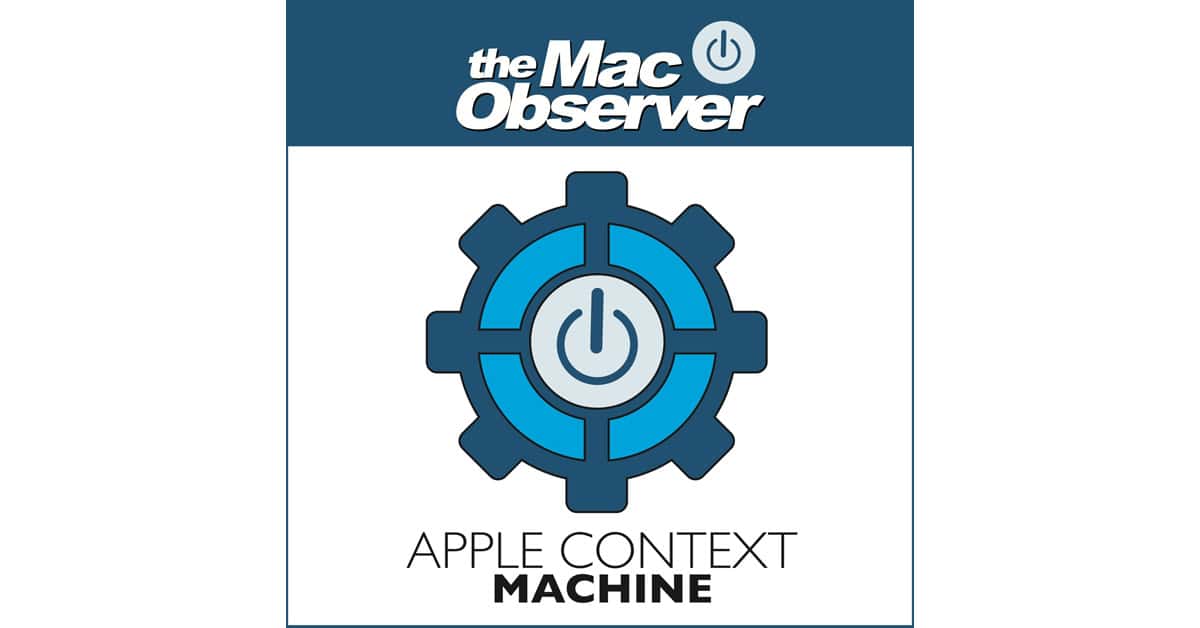
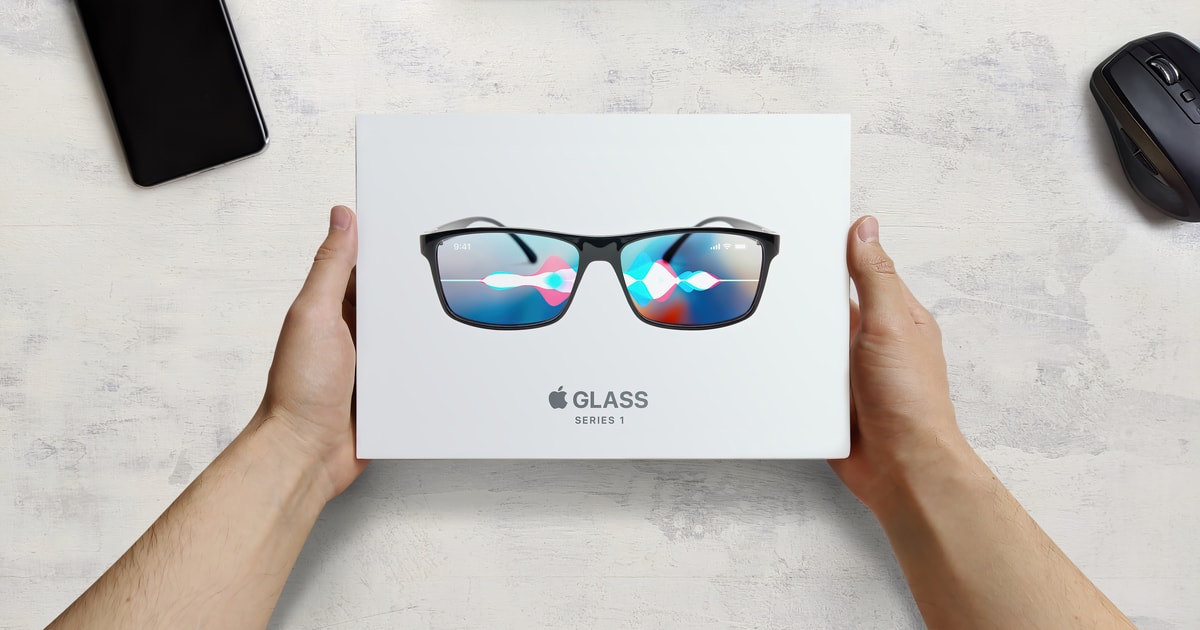

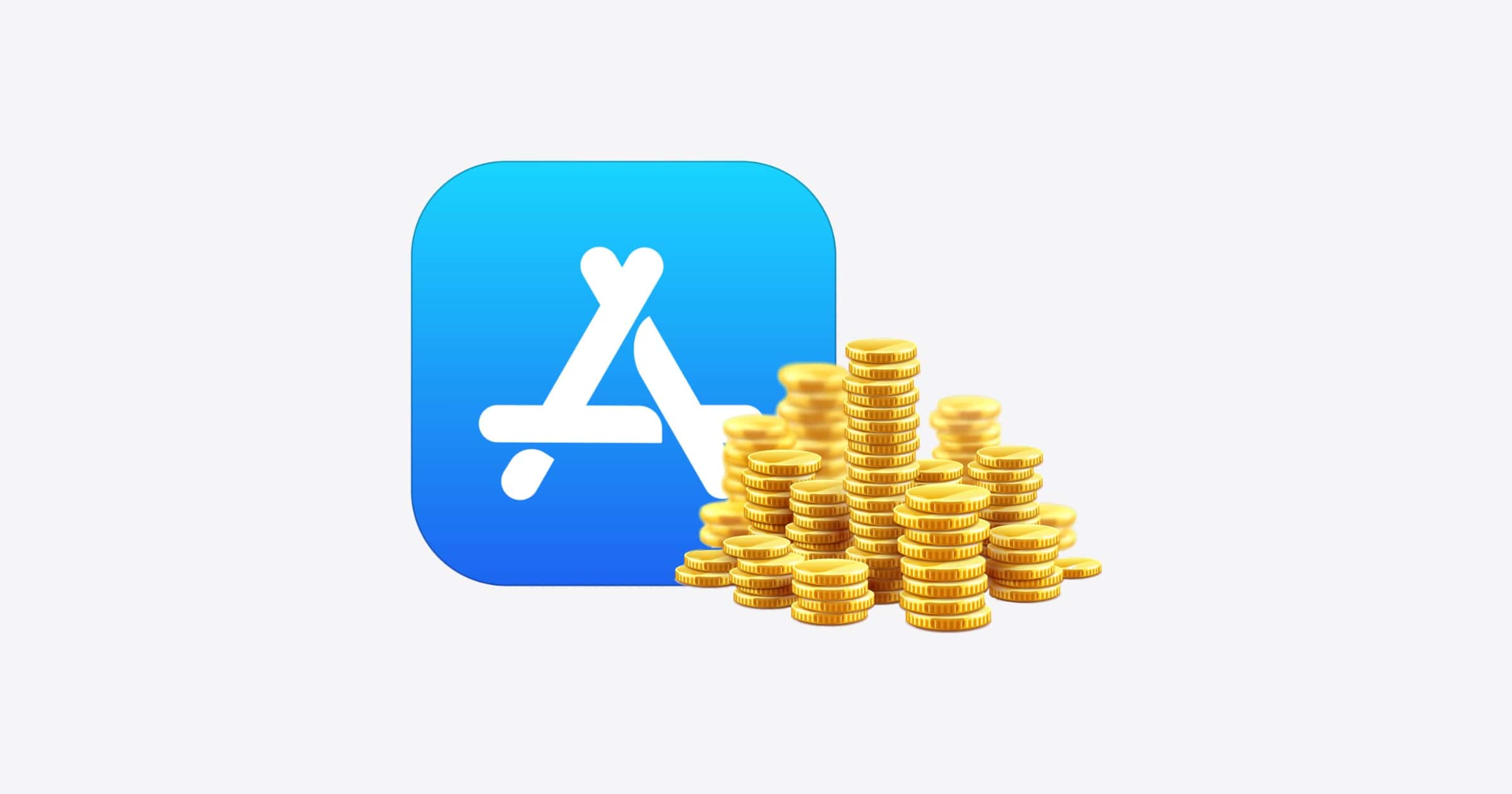


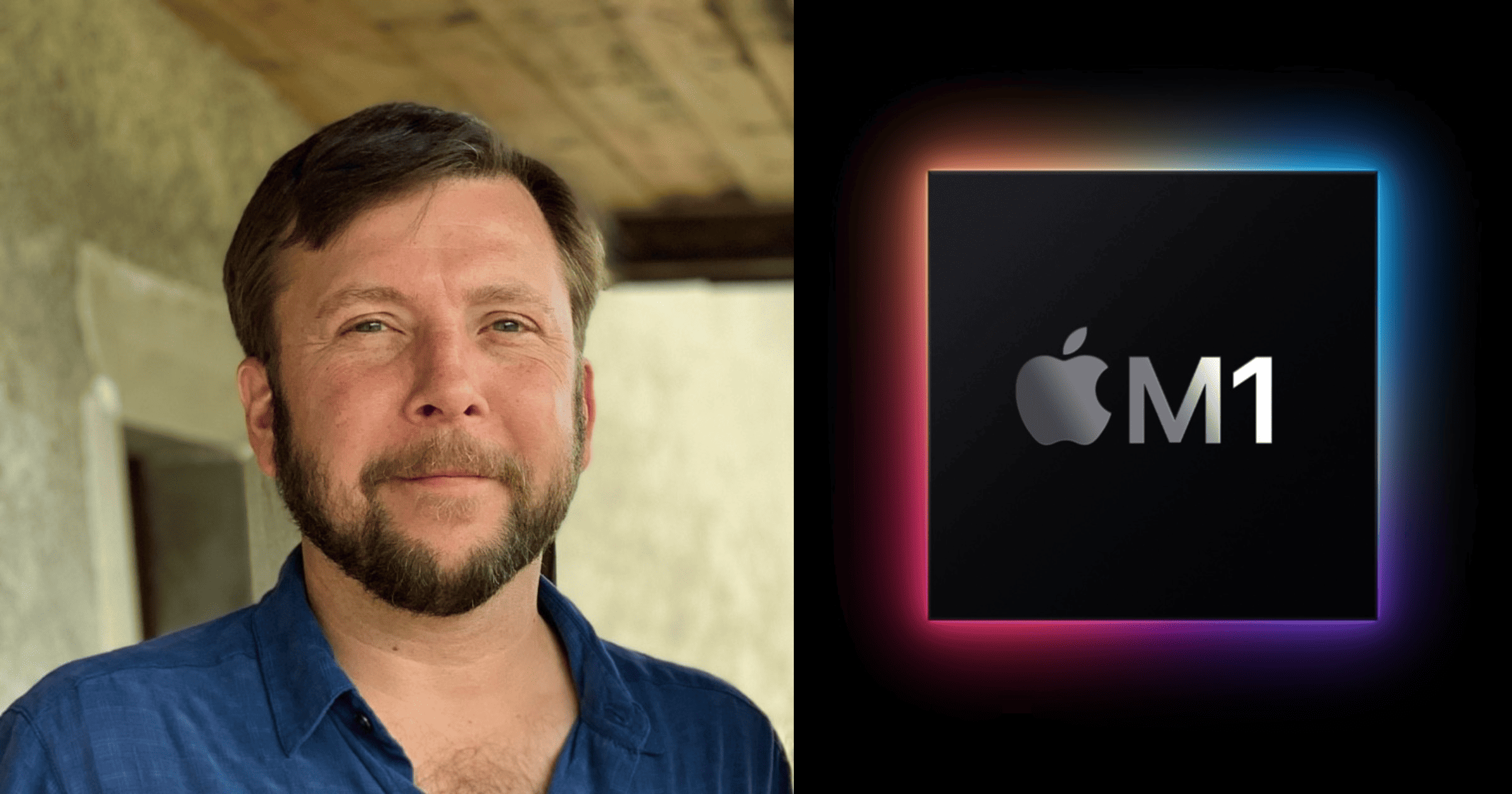
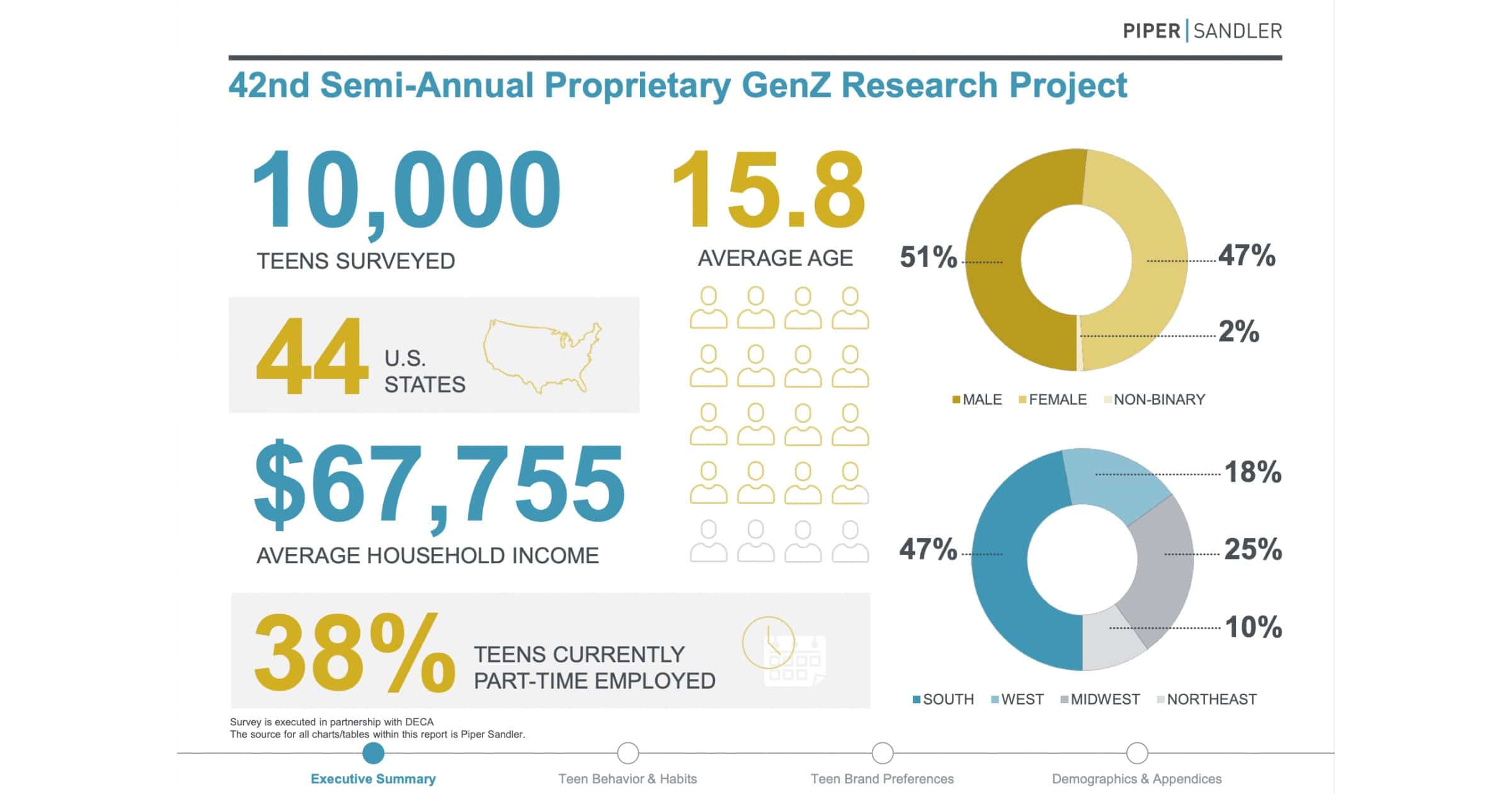
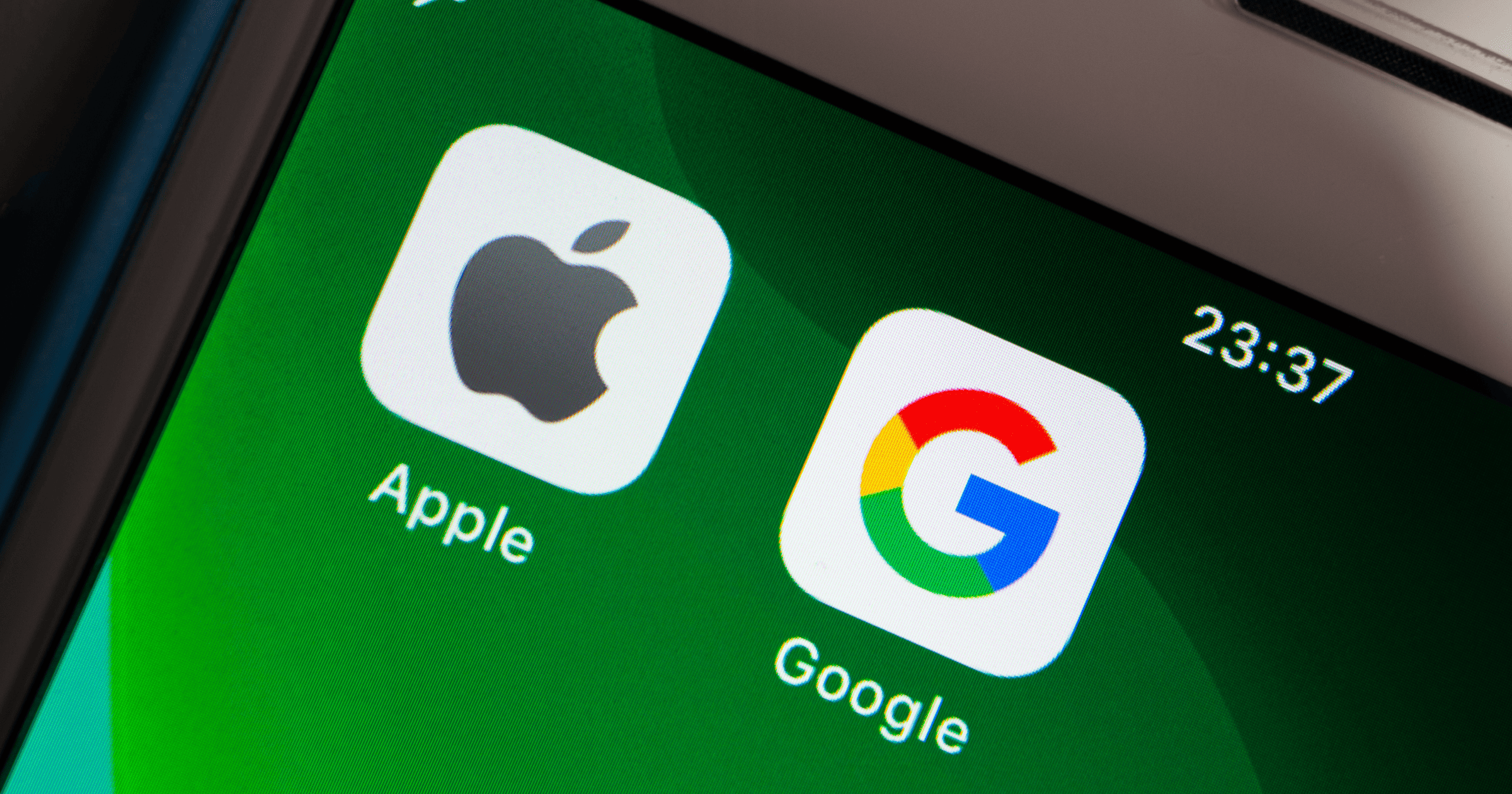
![Breaking: Apple Becomes First U.S Firm Worth US Trillion [Updated]](https://www.macobserver.com/wp-content/uploads/2021/04/AAPL.jpg)
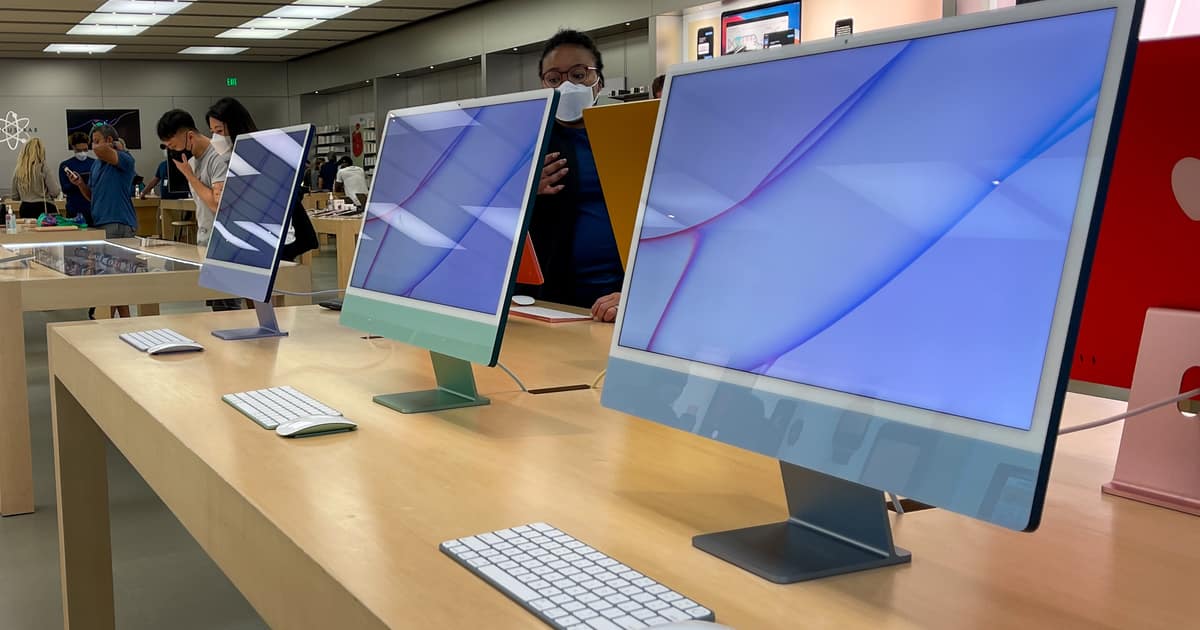

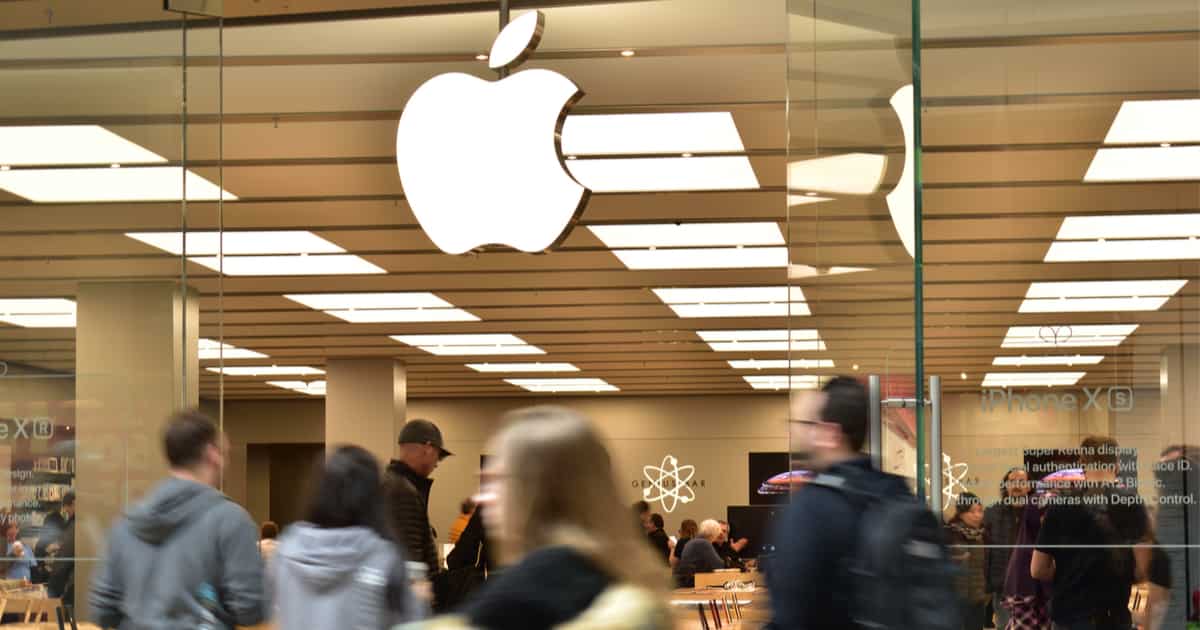
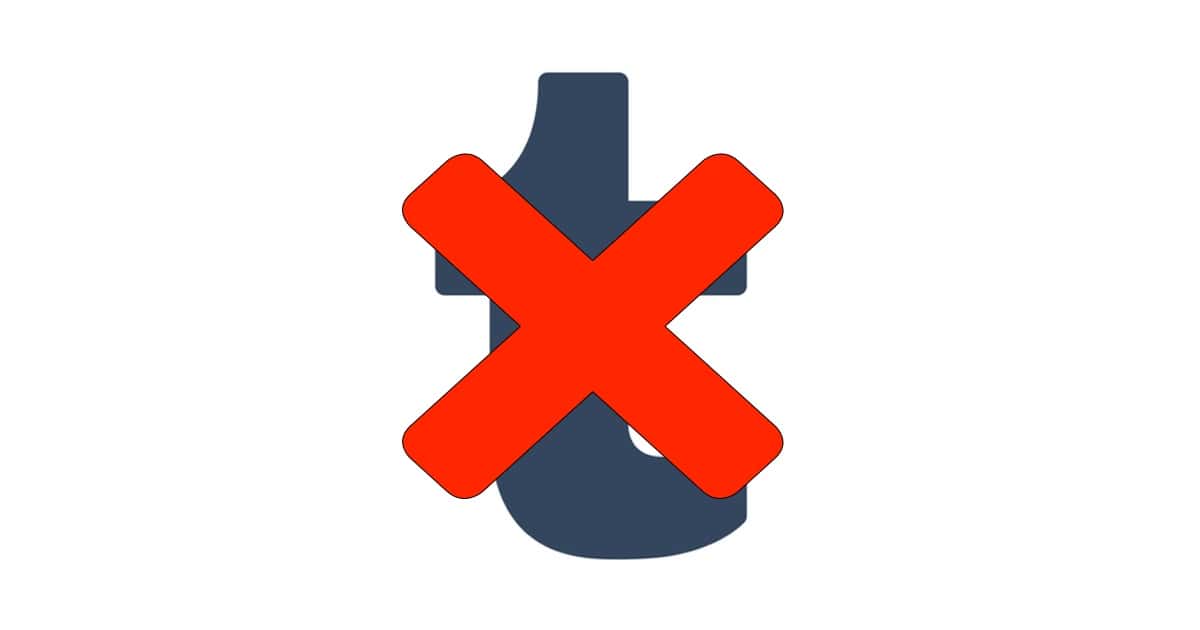
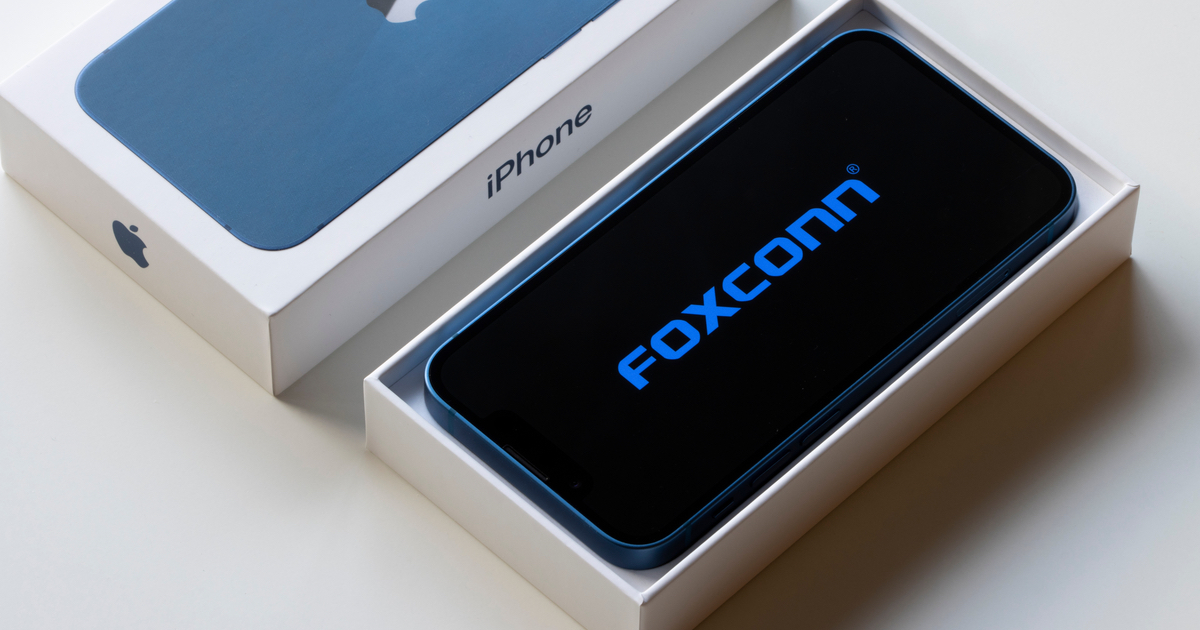
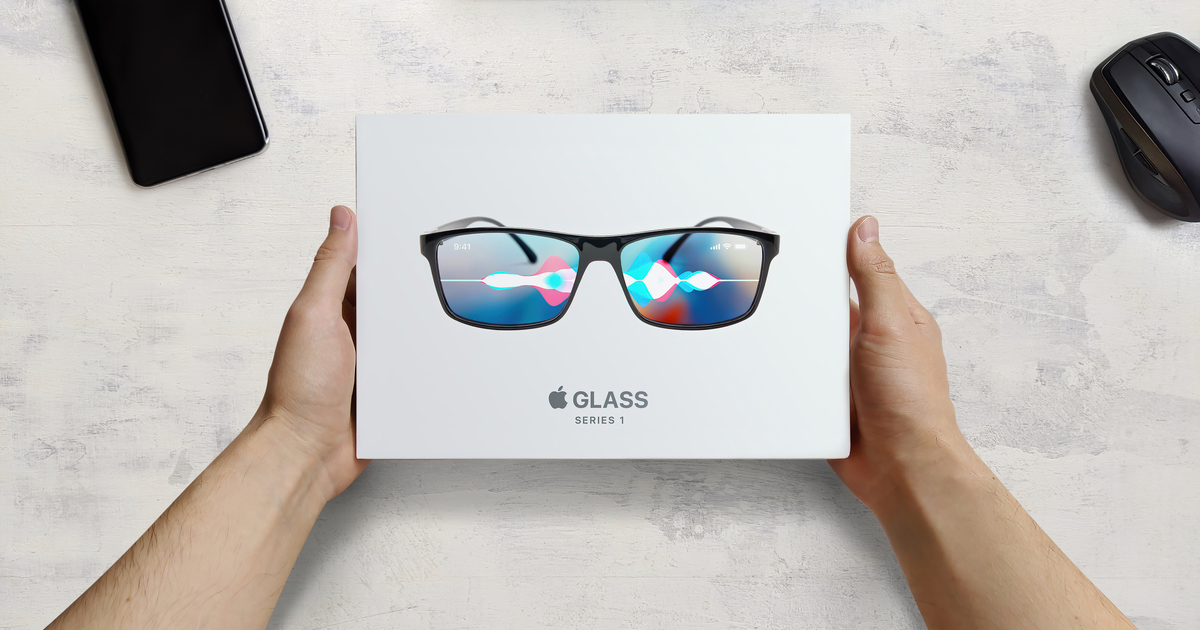



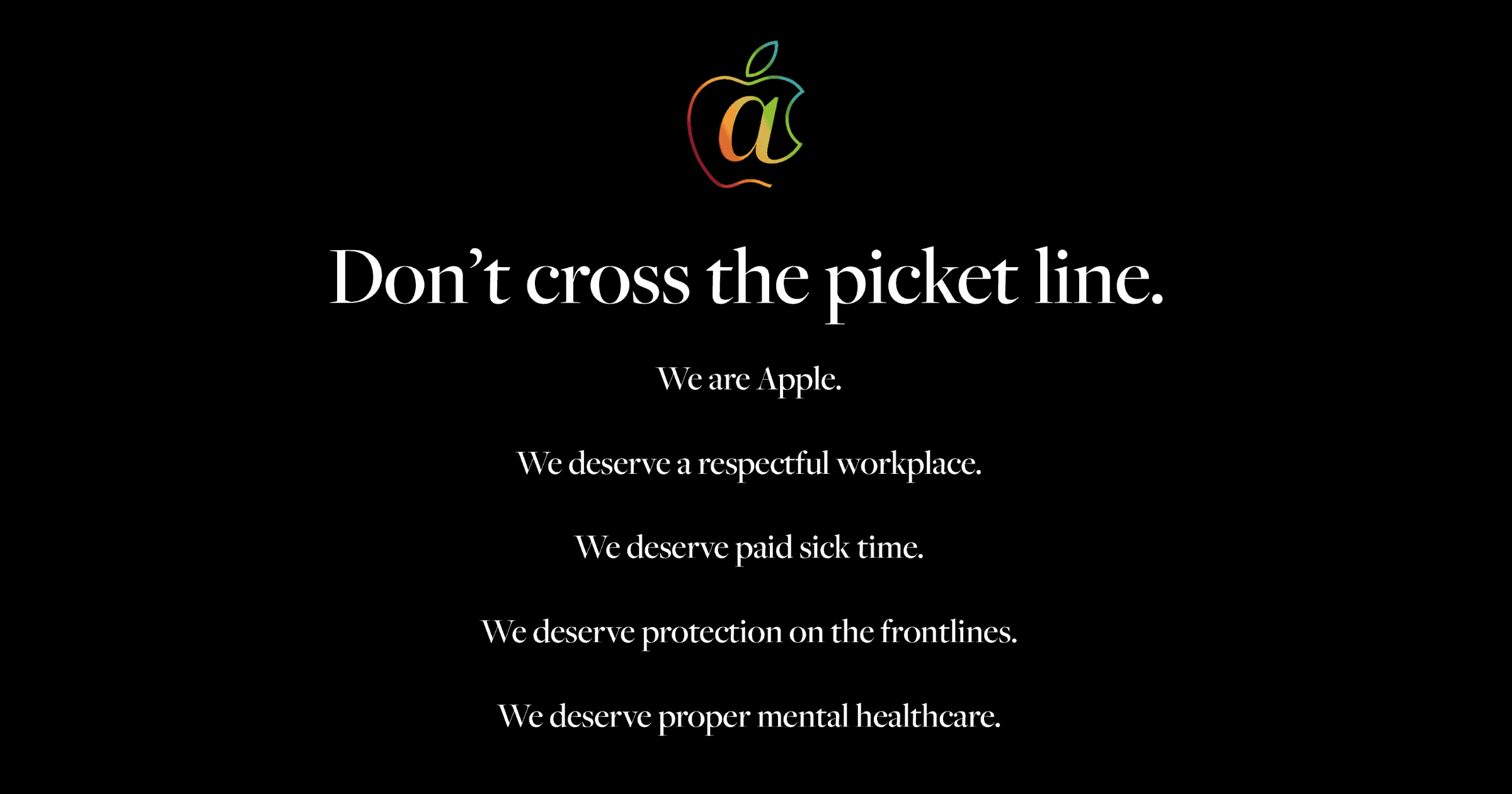
![Send Apple Gift Card to Friends and Family Abroad [Updated]](https://www.macobserver.com/wp-content/uploads/2020/07/Image-7.jpeg)
